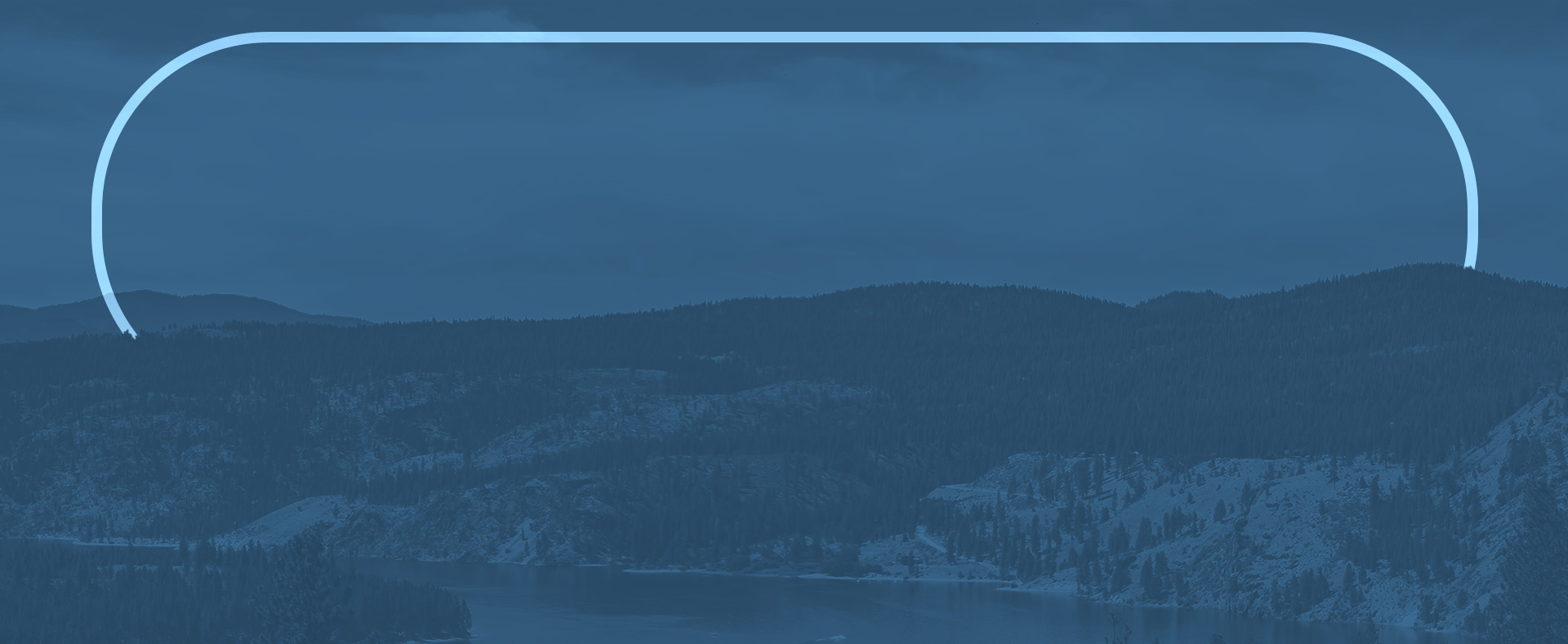
Bankruptcy Atorney Vancouver WA
Providing Strong Representation & Well-Informed Guidance for More Than 65 Years Combined
Financial burdens can become overwhelming to business owners, individuals, and their families. It can also be frustrating and stressful to deal with a situation where you are owed money for goods or services provided. For both circumstances, the attorneys at Beaty Hatch PC can provide effective legal representation with Chapter 7, Chapter 11, and Chapter 13 cases, and can help file for bankruptcy.
Contact us online or call (360) 566-6966 today for a consultation with our Vancouver WA bankruptcy attorneys.
Should you file for Chapter 7 backruptcy?
A Chapter 7 bankruptcy is designed to provide financial relief, discharge the debtor's overabundance of debt, and create a financial "fresh start."
Important aspects of a Chapter 7 include:
- Discharge: Debt that is discharged releases the debtor from liability so that he or she is no longer legally obligated for payment of such debt.
- Exemption: A debtor is entitled to protect assets by claiming exemptions, which are privileges, permitted by law, to retain property up to a certain amount free from liability.
- Liquidation: A debtor who owns non-exempt property will be obligated to turn over such property to a bankruptcy trustee who will liquidate the property and use the proceeds to pay toward the debtor's creditors.
- Secured debt: Debt where the creditor holds a valid lien against the property owned by a debtor. A debtor has the option to 1) retain the property, reaffirming the debt and continue making payments to the secured creditor; or, 2) surrender the property and discharge the secured debt.
- Non-dischargeable debt: Certain debts are not dischargeable. Such debts include taxes that became due less than three years prior to filing bankruptcy, child support, alimony, money transfers, obtaining money, property or services by fraud, false pretenses or false financial statements, and most student loans.
- Automatic stay: Upon filing a Chapter 7 bankruptcy, and while the bankruptcy is proceeding, no creditor may take any action to collect upon a debt of the debtor's, including: Collection action, garnishment, foreclosures, repossession, and lawsuits, unless the creditor applies for and is granted relief from the stay by the bankruptcy court.
- Timing: A debtor may only file a Chapter 7 bankruptcy every eight years.
Therefore, the purpose of filing a Chapter 7 bankruptcy is to give the debtor a financial "fresh start,” permitting the discharge of debts with the possible liquidation of non-exempt property.
What are the advantages of Chapter 13?
A Chapter 13 bankruptcy provides for the debtor to repay all or a portion of his or her debts under the supervision of a Chapter 13 trustee and the protection of the bankruptcy court. A Chapter 13 bankruptcy is often used to save a debtor's residence, which may be in foreclosure.
Important aspects of a Chapter 13 include those in a Chapter 7 (unless otherwise defined below) and:
- Qualification: A debtor must be an individual (including husband or wife) with regular income, unsecured debts less than $336,900, secured debts less than $1,010,650, and no previous bankruptcy that was dismissed within the prior 180 days on certain technical grounds.
- Timing: May file 13 even if done a chapter 7.
- Non-exempt property: A debtor generally retains all of his or her non-exempt property and submits a Chapter 13 plan, which must be confirmed by the bankruptcy court.
- Plan: The Chapter 13 plan informs how much monthly payment and other property the debtor will pay the Chapter 13 trustee, the duration of the payments, the portion of each payment to each creditor, and which creditors (if applicable) will be paid outside of the plan.
- Confirmation: The bankruptcy court will generally approve (confirm) a Chapter 13 plan if the court determines that the plan is proposed in "good faith," is the "best effort" of the debtor, the payments proposed under the plan are feasible, and the plan provides for the creditors to receive at least as much as the creditors would receive in a Chapter 7 bankruptcy.
- Duration: Plans generally run for a period of three to five years determined by the amount of income earned by the debtor and the outstanding debt to be paid by the plan.
- Discharge: A debtor is entitled to discharge any remaining unsecured debt once the debtor successfully completes all payments pursuant to the confirmed Chapter 13 plan.
Therefore, a Chapter 13 bankruptcy is often called a "wage earner" bankruptcy, where the debtor has the means to make payments to creditors (though not necessarily to fully satisfy a debt) in an amount greater than liquidation in a Chapter 7 bankruptcy.
Take Action - File for Backruptcy Today
Our Vancouver bankruptcy attorneys are equipped to help you discover the most appropriate pathway to debt relief in your circumstances. Send an email inquiry or call (360) 566-6966 to reach a lawyer at our firm for a consultation.
We are a debt relief agency. Our Vancouver bankruptcy lawyers help people file for bankruptcy relief under the Bankruptcy Code. Contact us today!

Your Bankruptcy Attorneys

Why Choose Beaty Hatch PC?
Your Case Deserves the Best Case Scenario
-
Capable & Competent Representation Across Various Legal Fields
-
Attorneys Licensed in the States of Washington & Oregon
-
Honesty, Integrity & Ethical Legal Representation in Every Case
-
Law Firm Specializing in Family Law & Personal Injury Cases
-
Responsive & Attentive Communication Every Step of the Way
-
Compassionate Representation & Aggressive Advocacy
-
Strong Referrals & Repeat Business from Satisfied Clients
-
Serving the Vancouver, Washington Area for More Than 65 Combined Years


